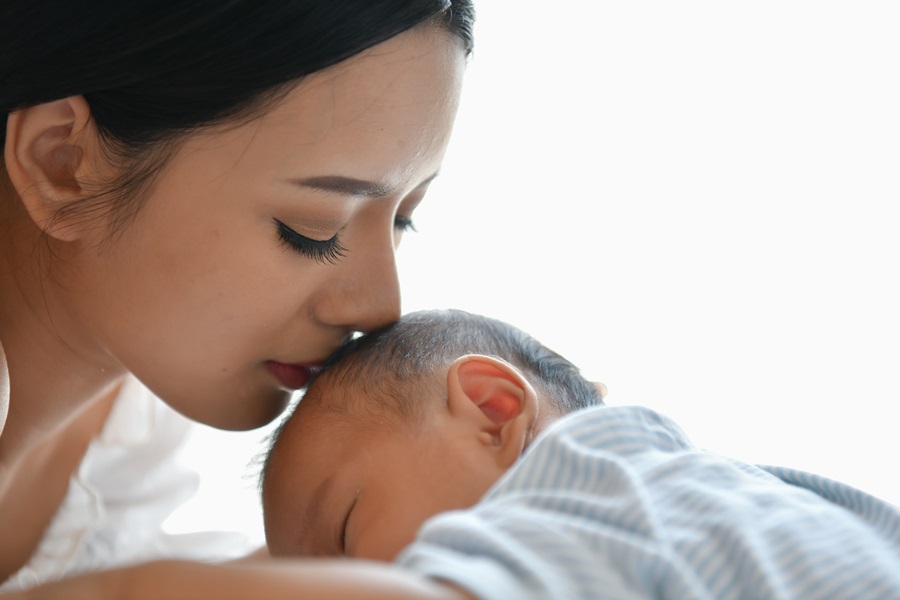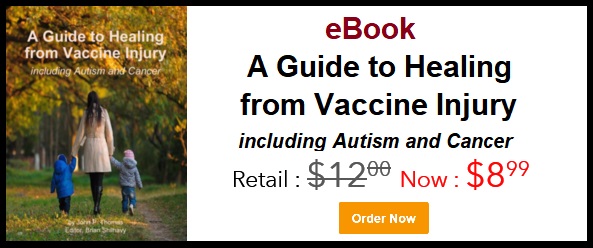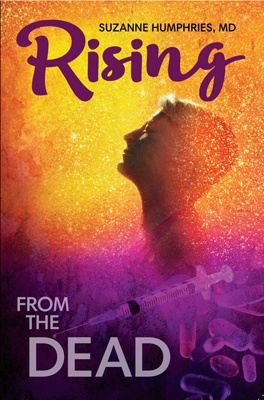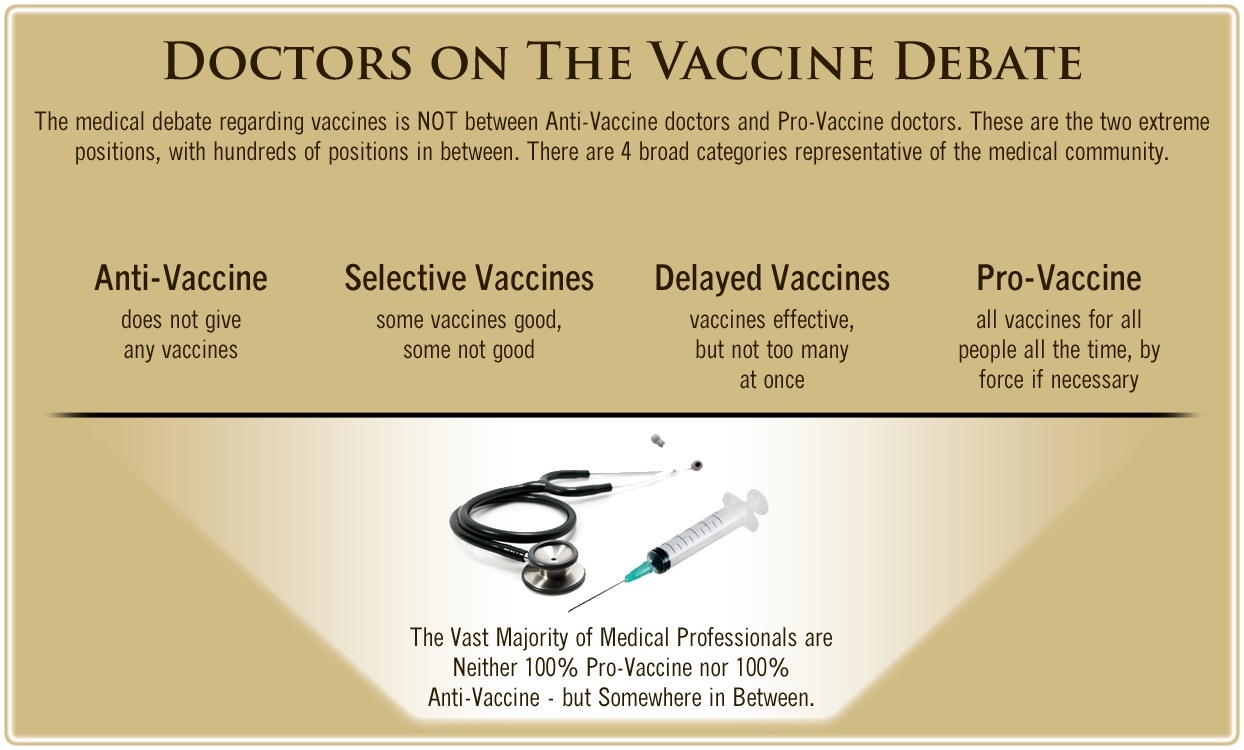
Anti-Vaccine Japan Has World’s Lowest Child Death Rate & Highest Life Expectancy
by Jay Greenberg
Neonnettle.com
Fact: Japan has the lowest infant mortality rate following ban on mandatory vaccinations, they urge other countries to follow this firm stance
Excerpts:
The citizens of Japan are statistically proven to be the healthiest and longest-living people in the world. The country also has the lowest infant mortality rate on the planet.
It may come as no surprise to many that the Japanese Government banned a number of vaccines that are currently mandatory in the United States and has strict regulations in place for other Big Pharma drugs and vaccines in general.
Japan’s anti-vax policies have long been criticised by vaccine pushers in the US who claim that vaccinating the public “promotes health.”
However, Japanese people live longer, healthier lives than Americans, with babies born in the US twice as likely to die in infancy than those born in Japan.
It’s clear to see that Western nations have a lot to learn from the Japanese when it comes to their approach to vaccinations and issues facing public health.
The Japanese are vaccine sceptics, to put it simply, and due to adverse reactions suffered by Japanese children, have banned many vaccines.
The Japanese are well educated on the dangers of over-vaccinating their children and oppose the use of multi-shot vaccinations such as the MMR vaccine.
Following a record number of children developing adverse reactions, including meningitis, loss of limbs, and even sudden death, the Japanese government banned the measles, mumps, and rubella (MMR) vaccine from its vaccination program, despite facing serious opposition from Big Pharma.
Despite the fact that it has been blamed in vaccine courts for causing autism, vaccine supporters still deny the correlation between the MMR vaccination and skyrocketing rates of autism spectrum disorder, which now affects at least one in 45 children, with even higher rates of diagnosis among boys.
However, the vaccine carries other serious risks in addition to the autism links, which has led to an outright ban of MMR jab in Japan.
The MMR Vaccine’s Tragic History in Japan
The MMR vaccine was introduced in Japan in April 1989, and parents who refused the compulsory vaccine were fined. After three months of analysis, officials realised that one in 900 children developed adverse reactions to the vaccine, a rate that was 2,000 times higher than the expected rate.
Officials had hoped to resolve the problem by switching to another version of the vaccine, but the excessive amount of adverse reactions persisted, with one in 1,755 children affected.
Testing of 125 children’s spinal fluid determined that the vaccines had entered one child’s nervous system, with two additional suspected cases.
Four years later, in 1993, the government removed the MMR mandate against measles and rubella.
A doctor from Japan’s Ministry of Health and Welfare admitted that the separate, individual doses of measles and rubella cost twice as much to administer and he defended the decision, stating, “but we believe it is worth it.”
Furthermore, a member of the health ministry also stated that the ban has not caused an increase in deaths from measles.
Japanese officials were also concerned about the MMR vaccine causing additional cases of mumps, citing numerous studies in The Lancet. Mumps and Hepatitis B vaccines are not part of the National Immunisation Program in Japan.
Twice as many infants die in America than in Japan
What Many Parents don’t know about the MMR Vaccine is the list of adverse reactions to the MMR vaccine, straight from Merck’s vaccine package inserts, is long and alarming. A shortened version of the vaccine damage associated with the MMR vaccine includes: vomiting, diarrhoea, anaphylaxis, ear pain, nerve deafness, diabetes, arthritis, myalgia, encephalitis, febrile seizures, pneumonia, and death.
A search of the Vaccine Adverse Event Reporting System (VAERS) database shows the following statistics from the United States: Over 75,000 adverse events have been reported from any combination of measles, mumps and rubella vaccines, including, most notably:
- 78 confirmed deaths
- 85 confirmed cases of deafness
- 48 confirmed cases of decreased eye contact
- 92 confirmed cases of developmental delay
- 855 confirmed reported cases of autism
- 116 confirmed cases of intellectual disability
- 401 reports of speech disorders
- 276 reports of loss of consciousness
- 143 confirmed cases of encephalitis
- 74 confirmed cases of meningitis
- 111 confirmed cases of Guillain-Barré syndrome
- 692 confirmed cases of gait disturbance (not being able to walk normally)
- 748 confirmed cases of hypokinesia (partial or complete loss of muscle movement)
- 653 reports of hypotonia (poor muscle tone)
- 4874 reports of seizures, including febrile convulsions and tonic-clonic seizures
- 1576 cases of cellulitis (a potentially serious skin infection) And finally, in some cases, the vaccine has caused the very diseases it is supposed to prevent, with the following data reported to VAERS:
- 147 confirmed cases of measles
- 384 confirmed cases of mumps
- 29 confirmed cases of rubella
Japanese Officials Speak Out
Japan has been criticised for being behind the times when it comes to vaccination.
Vaccine advocates claim that Japan has not kept pace with other developed countries regarding the use of vaccines.
Despite listing 110 infectious diseases in a government registry, Japan offers vaccines for only 22 of those.
Some Japanese health experts disagree (with the vaccine advocates), however.
Hiroko Mori, a vaccine researcher, is one of those experts. He was the former head of the infectious disease division at Japan’s National Institute of Public Health. He has noted that Japan has one of the lowest infant mortality rates in the world and has advocated for fewer vaccines, stating that the country’s excellent sanitation and nutrition has boosted children’s health:
“Medicine is supposed to be about healing, but babies who cannot speak are being given unnecessary shots because parents are scared. Children are losing their ability to heal naturally. There are so many people who have suffered side effects. All we are asking is to establish the right to say ‘no.’ The right to choose should be recognized as a fundamental human right.”
Tetsuo Nakayama, Dean of Kitasato University’s Graduate School of Infection Control Sciences, is an expert who supports vaccines, but he, too, acknowledges the risks of vaccination, stating that:
“There is no guarantee that your child will not be that one out of 1,000. You have to compare the risks between the side effects and what will happen if you are infected with the disease naturally… Under the existing law, the decision to vaccinate your child or not is basically left up to the parents, but there is not enough information out there for them to make an informed decision.”
Masako Koga, a former representative of the Consumers Union of Japan, has shared his concerns about the ulterior motives behind mass vaccination programs:
“Vaccines should only be given to those who need them but that is not happening. The global industry is being driven by a strategy that promotes VPD [vaccine preventable diseases].
We must put a stop to it. Vaccines have close ties to money. From development to circulation to research on side effects, there are a lot of vested interests involved.”
Read the full article at the Neonnettle.com.
More on Japan and Vaccines.
Leaving a lucrative career as a nephrologist (kidney doctor), Dr. Suzanne Humphries is now free to actually help cure people.
In this autobiography she explains why good doctors are constrained within the current corrupt medical system from practicing real, ethical medicine.
One of the sane voices when it comes to examining the science behind modern-day vaccines, no pro-vaccine extremist doctors have ever dared to debate her in public.
Medical Doctors Opposed to Forced Vaccinations – Should Their Views be Silenced?
One of the biggest myths being propagated in the compliant mainstream media today is that doctors are either pro-vaccine or anti-vaccine, and that the anti-vaccine doctors are all “quacks.”
However, nothing could be further from the truth in the vaccine debate. Doctors are not unified at all on their positions regarding “the science” of vaccines, nor are they unified in the position of removing informed consent to a medical procedure like vaccines.
The two most extreme positions are those doctors who are 100% against vaccines and do not administer them at all, and those doctors that believe that ALL vaccines are safe and effective for ALL people, ALL the time, by force if necessary.
Very few doctors fall into either of these two extremist positions, and yet it is the extreme pro-vaccine position that is presented by the U.S. Government and mainstream media as being the dominant position of the medical field.
In between these two extreme views, however, is where the vast majority of doctors practicing today would probably categorize their position. Many doctors who consider themselves “pro-vaccine,” for example, do not believe that every single vaccine is appropriate for every single individual.
Many doctors recommend a “delayed” vaccine schedule for some patients, and not always the recommended one-size-fits-all CDC childhood schedule. Other doctors choose to recommend vaccines based on the actual science and merit of each vaccine, recommending some, while determining that others are not worth the risk for children, such as the suspect seasonal flu shot.
These doctors who do not hold extreme positions would be opposed to government-mandated vaccinations and the removal of all parental exemptions.
In this article, I am going to summarize the many doctors today who do not take the most extremist pro-vaccine position, which is probably not held by very many doctors at all, in spite of what the pharmaceutical industry, the federal government, and the mainstream media would like the public to believe.







2 Comments